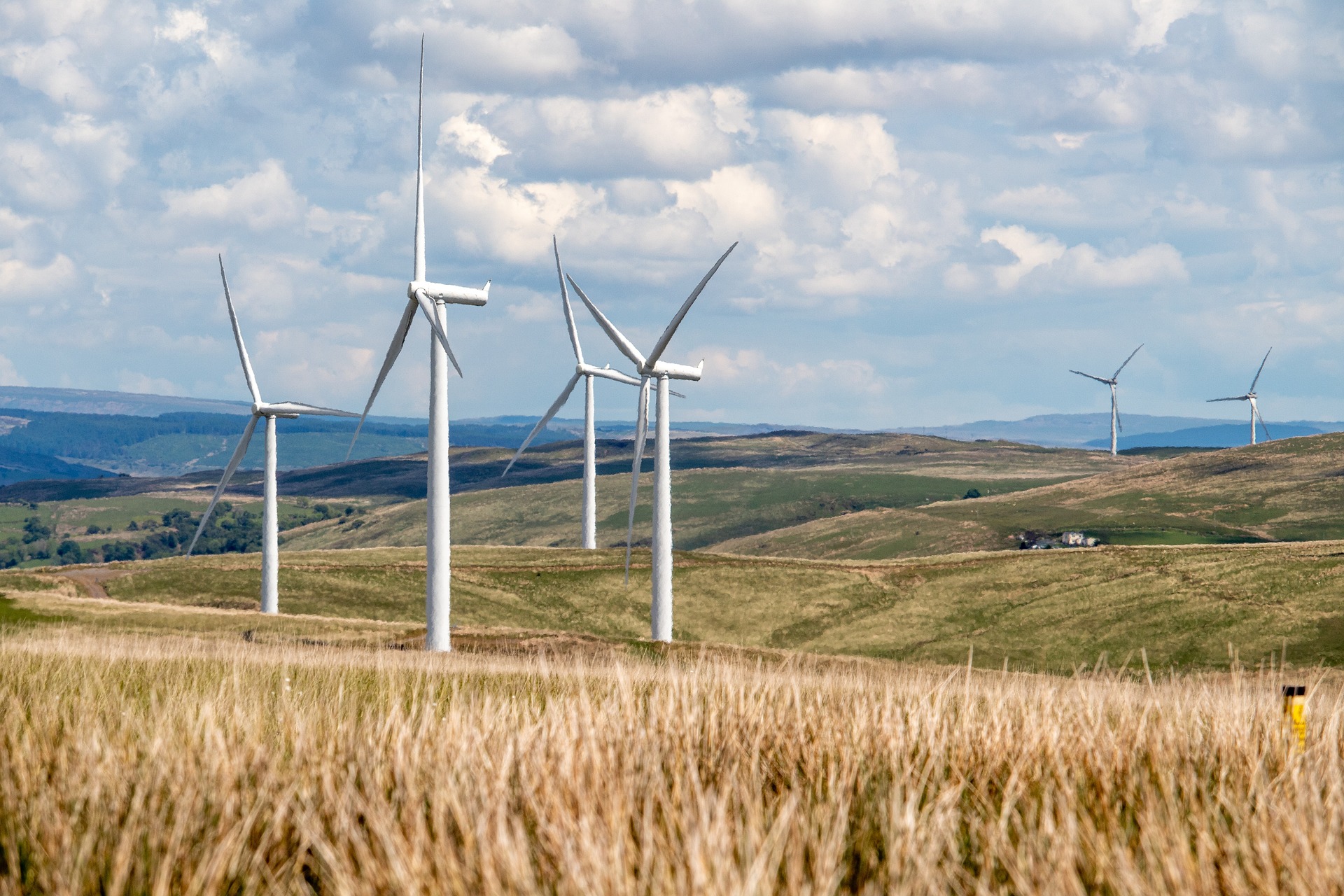Researched and Written by Maddie Williamson, Student at the University at Exeter
Decarbonisation is the method of lowering the amount of carbon that is sent into the atmosphere. The main objective of decarbonisation is to eventually achieve a low-emission global economy which will reach climate neutrality via the energy transition. If we want to limit global warming to 1.5 degrees, a goal which requires removing carbon from the atmosphere, then we must act five times faster this decade than we have been over the last two decades. Not surprisingly, the question of how each country can bring about such decarbonisation remains a tough one to answer. Simon Sharpe offers a process of economic thinking that can help guide countries into making more beneficial policy decisions to bring about a more rapid process of decarbonisation.
Simon works as the Director of Economics at the Climate Champions Team working for the UN High-Level Climate Action Champions and is a Senior Fellow at the World Resources Institute. In his talk, Simon drew on his past experiences, such as his participation at COP26 in 2021, where he led campaigns to accelerate the global emissions reduction in energy, nature and transport.
Since we need such a huge acceleration in decarbonisation, it is worth considering our current processes and how we can improve them to achieve this goal. In his talk, Simon laid out his proposed plan for governments by separating it into two focus areas: economics and diplomacy. He also focused on the idea of a system transition to allow for positive change.
Simon’s economic thinking for the process of decarbonisation for governments is as follows:
- A Different Starting Point for Economics
- Focus on feedbacks – this is what will produce or prevent change
- Feedbacks determine policy effectiveness
- Type 1: Reinforcing feedbacks that accelerate change (creating faster progress)
- Type 2: Balancing feedbacks (slow or prevent change)
- Early in a transition, investment beats tax
- For many years, the standard economic advice has been that carbon pricing is the most efficient way to reduce emissions. But if the goal is to produce change both rapidly and cost-effectively, investment is more effective. Applying the idea of ‘force over area’, it is more worthwhile to focus efforts on a smaller area where you are expected to bring about change.
- If you invest in new technology or a new system, you strengthen your reinforcing feedbacks.
- Choose technology deliberately, not accidentally
- In a system of non-marginal change, a policy cannot be neutral. This is because you are investing in an ecosystem, and it is inevitable that you will help or hinder different things in different ways.
- Technologies in the economy will all be affected in different ways
- The idea of ‘not choosing deliberately means choosing accidentally’
- Regulate to reduce costs and accelerate innovation
- Regulation can change the flow of capital within a sector and redirect investment towards new technologies and systems you are trying to grow
- Regulation can shift resources from exploitation to exploration
- Use tax to target tipping points
- The relative level of tax is what matters: the social cost of carbon is a manmade number
- At a tipping point, a small intervention produces a large effect
- Examples of some of the fastest transitions in the world show that tipping points can work. These examples include the decarbonisation of the power sector in the UK with a fixed carbon tax and the fastest road transport transition with subsidised electric vehicles in Norway
- A Different Starting Point for Diplomacy
- Focus cooperation within sectors
- Each sector is different, so each sector has to go through a different system transition. Each system transition will involve a new set of technologies for example.
- Different countries matter in each sector: a country can be powerful in its technology but not a major player in its industrial and financial structure. (Malaysia is the world’s largest export of palm oil, but it is insignificant in terms of road transport for example)
- We should take into account the different interests at stake, the influential actors and the international connections
- We should focus our efforts on places where there is high leverage.
- Focus on the present
- Long-term targets are not useful
- Focus on a critical mass of actors in each sector
- The more participants you bring into a discussion, the lower the common denominator will be
- It is not always necessary to have all 193 countries agreeing to make a big impact, it is sometimes better to focus on the big players in a sector
Simon concluded his talk by encouraging us to be a part of the reinforcing feedback and reminding us that there is space for everyone to be an actor in the transition of ideas. Whether as an economist, investor, part of an NGO, or government, we can work together to be a part of the positive change in climate action. You can visit Simon’s website ‘Five Times Faster’ where you can find extra resources and information, and links to buy his book: https://fivetimesfaster.org/

